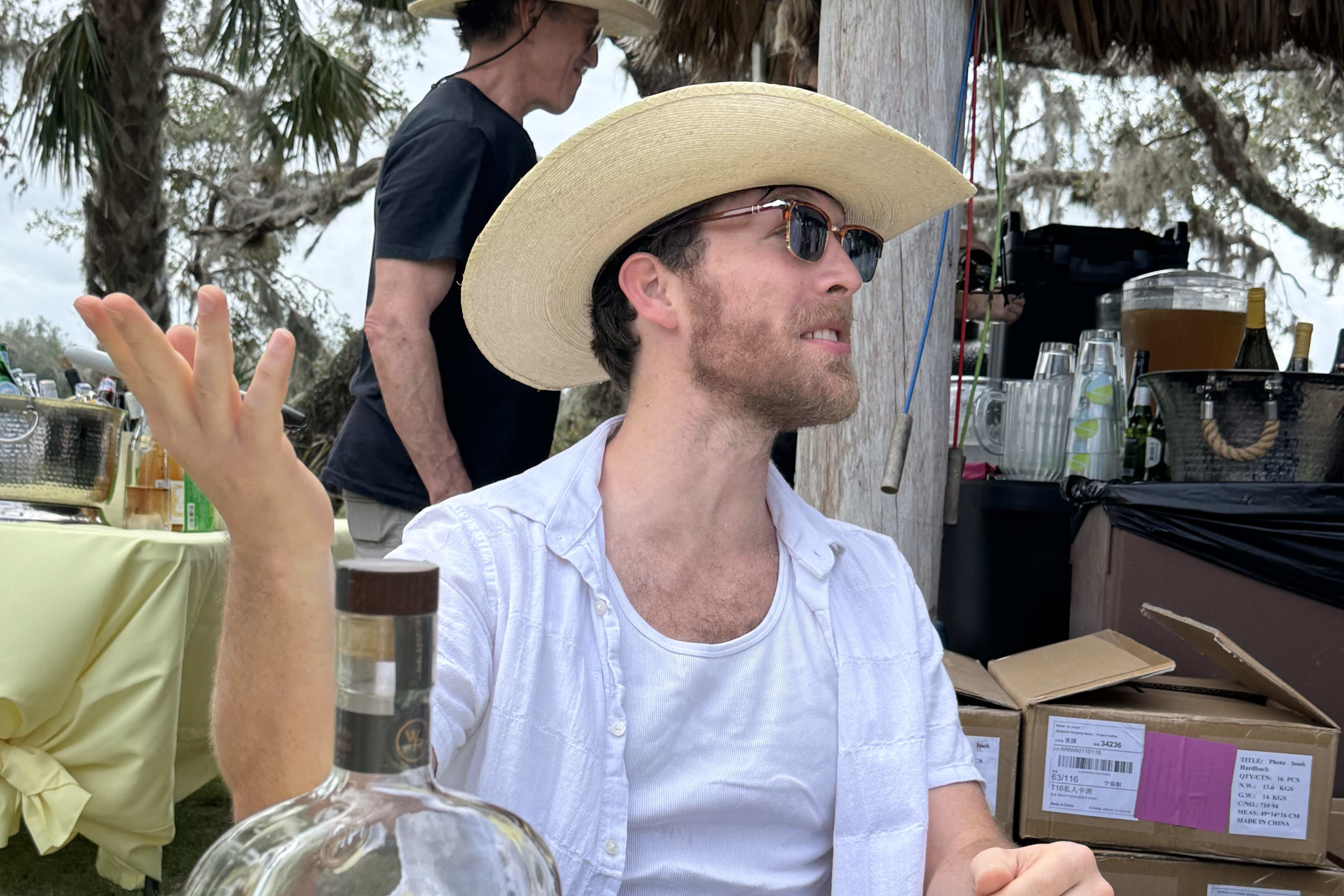What We're Reading: Books Getting Us Through These Uncertain Times

Image: Shutterstock
While we're cocooned at home, doing our best to social distance, we can still enjoy the comfort of old friends. By that we mean authors we love and books we're devouring. Our editors weigh in on the surprising topics on their nightstands right now.
The Big Book of Reel Murders
"I scurried to the library the day it closed and picked up a bunch of books. The one I’m reading right now is called The Big Book of Reel Murders. It’s edited by Otto Penzler and is a huge compendium of short stories that inspired great crime films. So you can dip in and out of it and read stories by the likes of Cornell Woolrich, Joyce Carol Oates, W. Somerset Maugham, Daphne Du Maurier and even MacKinlay Kantor, and also read a little bit about the movies those stories were turned into." —Kay Kipling, executive editor
Poisoned Water, Corporate Greed, and One Lawyer’s Twenty-Year Battle Against DuPont
"Ohio environmental attorney and New College of Florida alum Rob Bilott waged an epic 20-year battle against DuPont over its use of the chemical perfluorooctanoic acid, or PFOA, better known as the chemical that makes Teflon—and, it turns out, causes serious and sometimes fatal diseases, from cancers to hypertension. Bilott’s class action lawsuit representing 70,000 people against the chemical company resulted in a settlement worth more than $670 million and launched a major medical study. His battle also was made into the 2019 movie, Dark Waters, with Mark Ruffalo playing Bilott. (When I saw it at the theater in January, the audience applauded at the end.) Bilott’s book is a memoir and a first-person, detailed account of one person’s tenacity, focus and almost inhuman ability to go through hundreds of thousands of pages of documents to find the hidden and complicated information that was required to take on a giant corporation and win. It’s an inspiring book—something we need more than ever right now. By the way, Bilott is still fighting and has filed a new lawsuit against several other chemical giants." —Susan Burns, editor-in-chief
The Dispossessed
Ursula K. Le Guin's The Dispossessed, published in 1974, tells the story of two adjacent planets: Anarres, a dry, hardscrabble world populated by anarchists, and Urras, a beautiful world dominated by a ruthless, hyper-exploitative state. Between the two stands Shevek, a genius physicist raised on Anarres, captivated by Urras and at home on neither. The novel is marvelously well-constructed, and Le Guin's rendering of two very different societies, and how those societies imprint their values on their people, is convincing." —Cooper Levey-Baker, senior editor and food editor
Catch and Kill
Catch and Kill, by Ronan Farrow, isn't exactly the most uplifting book but certainly one of the most absorbing I’ve read in years. Farrow goes into in-depth detail about his coverage of the Harvey Weinstein investigation, from his initial contact with his sources to his experiences at NBC and The New Yorker to how Weinstein had spy operatives watching his every move. It’s nonfiction that reads like a thriller, and I couldn’t put it down. The happy ending came after the book’s publication, of course, thanks in large part to Farrow’s reporting: On March 11, Weinstein was convicted and sent to prison for 23 years." —Megan McDonald, digital editor
I Remember Nothing
I Remember Nothing, by Nora Ephron, a slim book of essays by the great author (Heartburn) and screenwriter (When Harry Met Sally, Julie and Julia, You’ve Got Mail) that’s both laugh-out-loud funny and poignant, since she died just two years later at the age of 71. If you’re a woman of a certain age—confession, yes, I am—these personal reflections will ring all kinds of bells." —Ilene Denton, senior editor



